2024
January, February launches by nation, 2024
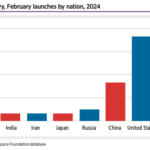
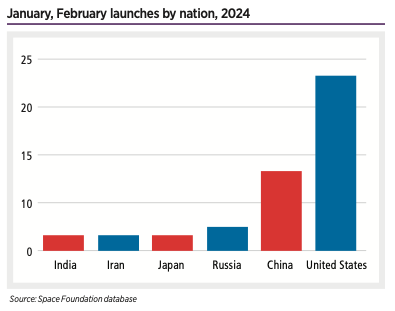
January, February launches in 2024 put the planet in line for the busiest year in space, averaging a launch to space every 32 hours.
After Russian ASAT leak, superpowers back away from showdown
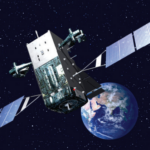
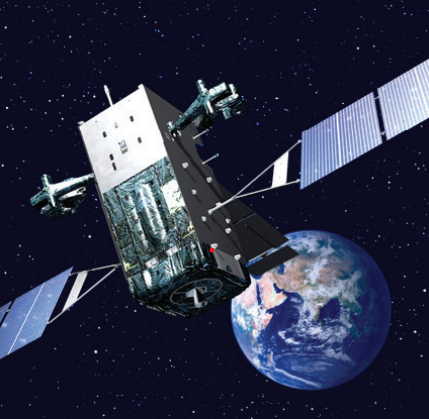
Growing threats from anti-satellite weapons were spotlighted in February when U.S. officials warned Congress about a Russian weapons development program targeting spacecraft with nuclear weapons.
SpaceX surpasses its 50th astronaut launched to space
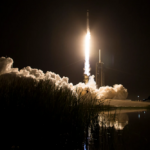
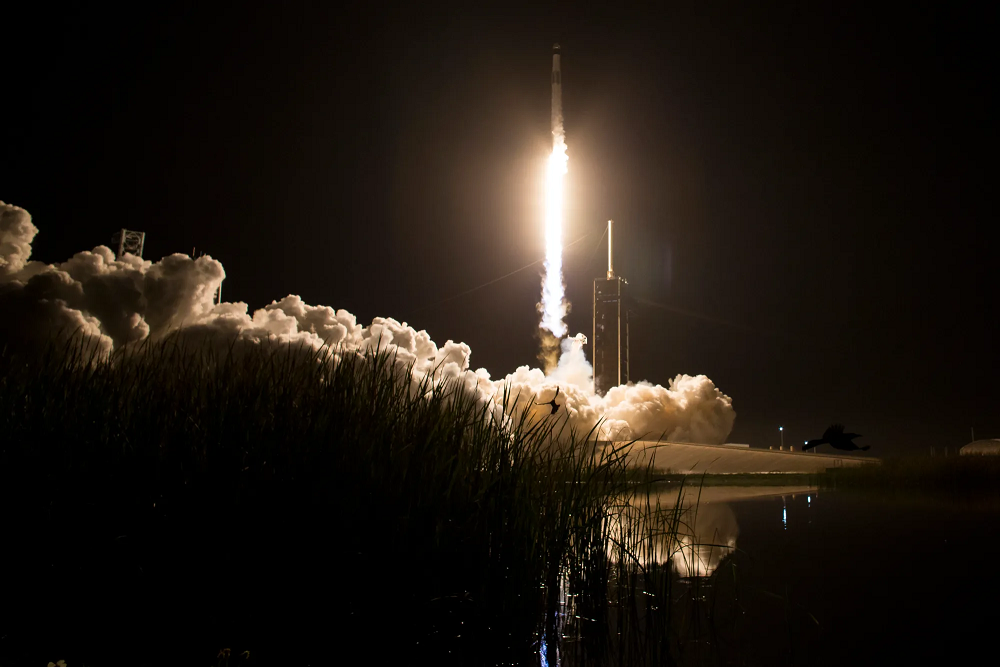
SpaceX launched its Crew-8 mission to the International Space Station, surpassing 50 humans sent to space by the company. This is the first spaceflight for spacecraft commander Matthew Dominick and specialists Jeanette Epps and Alexander Grebenkin. However, it is pilot Michael Barratt’s third voyage into orbit.
Launch records topple in 2024 with busiest January of space age
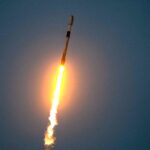
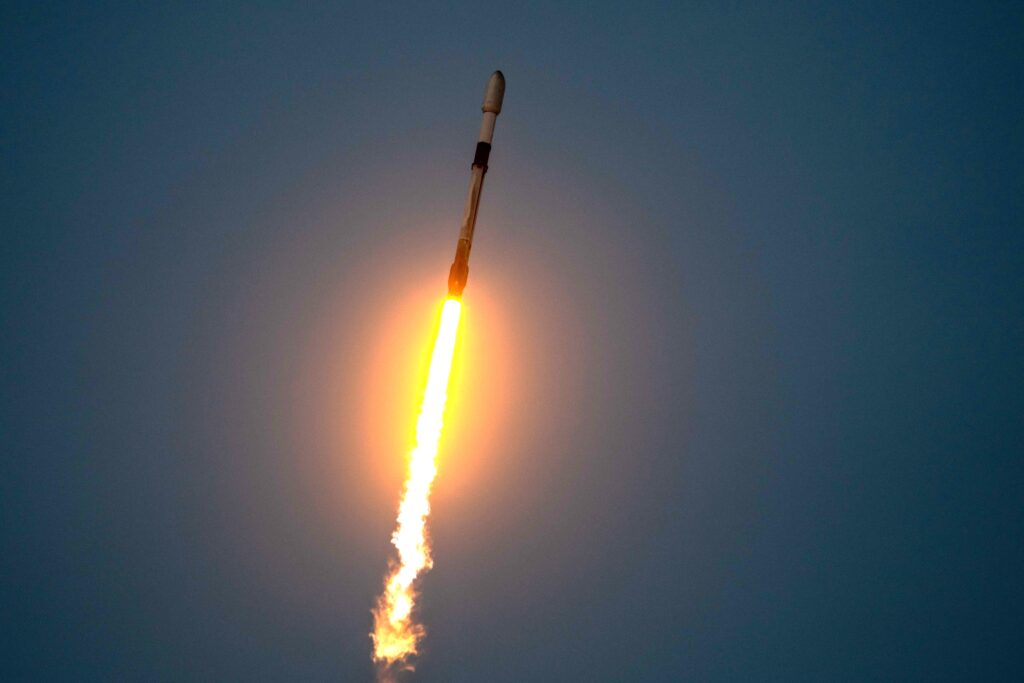
Averaging a liftoff every 33 hours and 49 minutes, January’s 22 successful launches to space marked the busiest start to a year since the Space Age dawned in 1957, and put the globe on track for 259 launches in 2024, which would easily eclipse records set in 2023, according to a Space Foundation database.
Iran’s recent space success could advance nuclear aims, retired General says
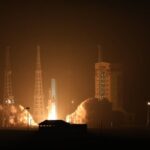
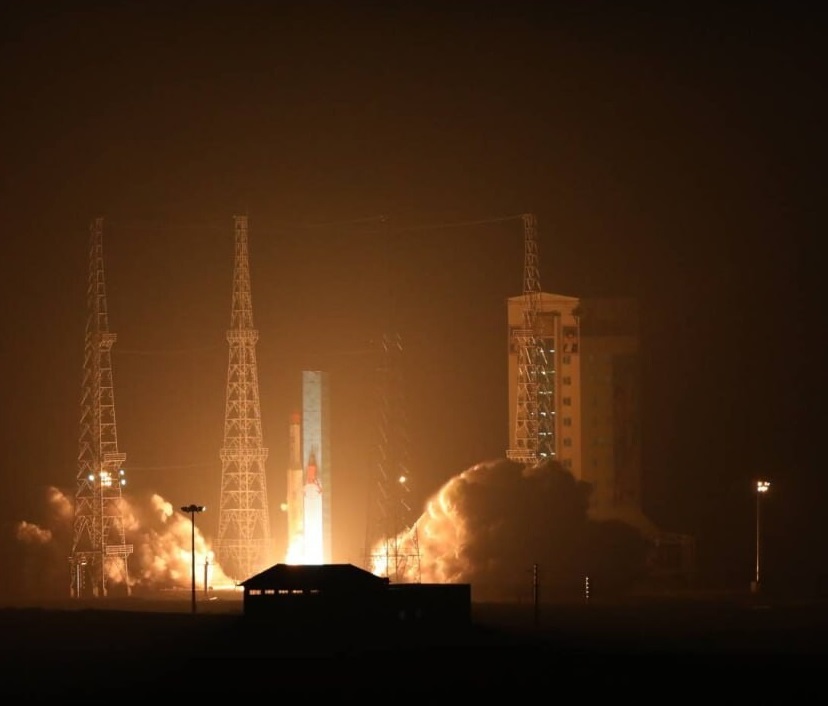
A Sunday launch that placed three Iranian satellites into orbit could signal the Islamic Republic’s ability to use its launch vehicles to deliver warheads to distant targets, warned retired Air Force Gen. Lance Lord, a former leader of Pentagon space efforts. Announced by Iran’s state news agency IRNA, the Sunday launch was the nation’s second successful space mission in the past month and the first to deliver multiple satellites. The three satellites, Mahda, Keyhan-2, and Hatef-1, were described by Iran as research satellites designed to test a variety of technologies including communications.
Final flight of NASA’s remarkable Mars helicopter ends with rotor damage
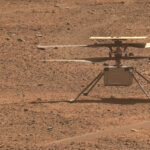

Rotor damage suffered during a routine Jan. 18 flight grounded the Ingenuity helicopter on Mars, after three years exceeding expectations and setting milestones for powered flight on another planet alongside the Perseverance rover, ending the aircraft’s remarkable mission, NASA announced Thursday.
Facing safety, budget concerns, NASA delays Artemis Moon missions

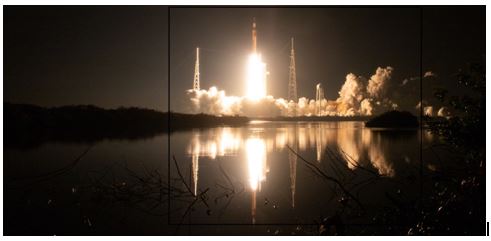
With budget cuts on the horizon and technical hurdles to vault before astronauts return to the Moon, NASA pushed the brakes on its Artemis program launch schedule Tuesday, delaying a planned lunar fly-by mission into 2025 and its planned landing into 2026. The agency cited safety concerns for the delay, including an ongoing investigation into problems with a heatshield, which was damaged when the uncrewed Artemis I capsule re-entered Earth’s atmosphere after a 2022 test flight. The move also comes as congressional negotiators mull slimming the agency’s budget by more than $500 million from its 2023, and $2.2 billion short of NASA’s 2024 budget request.
With maiden flight, ULA’s Vulcan joins 2024’s stampede to space
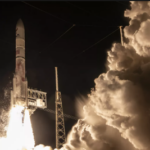
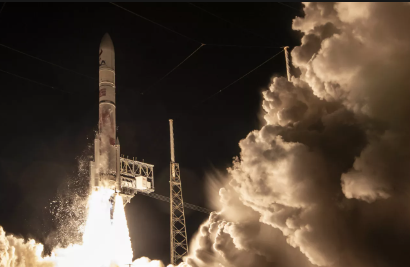
United Launch Alliance’s Vulcan launch vehicle successfully roared aloft Monday on its maiden flight from Florida, carrying lunar payloads and keeping up a blistering pace of spaceflight that could drive 2024 past annual records for payloads sent to space and launches set in 2023. The first eight days of 2024 have seen four launches from the United States, including three by SpaceX, along with missions to orbit from India and China.
Global Space Activity by Category, 2007-2027
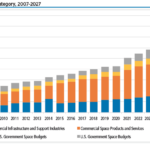
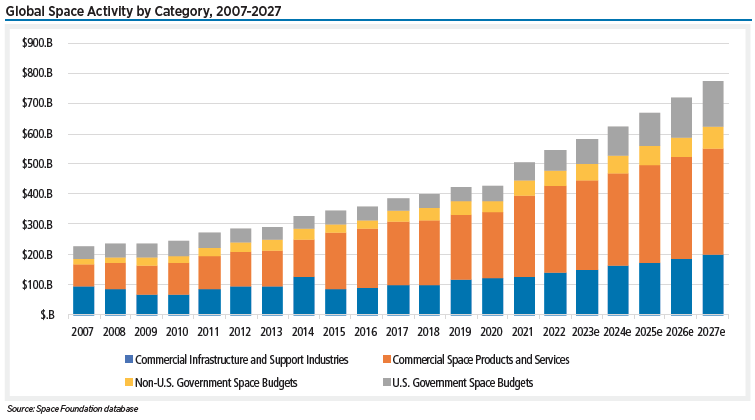
Based on global economic factors, Space Foundation forecasts that growth will slow slightly in 2023 to 6% before picking up for an average five-year growth of 7%. Under these conditions, the space economy would total $772 billion in 2027. This forecast incorporates existing markets in the space economy and does not predict any future disruptive technologies that could have extraordinary growth over the coming years.
Government Space Spending Growth Slows to 8% in 2022
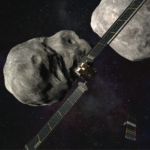
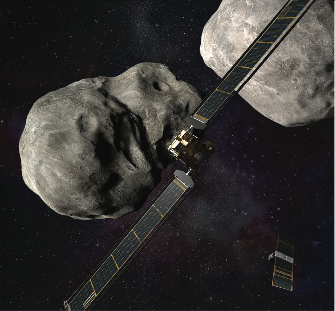
Government space spending in 2022 totaled nearly $119 billion, 8% higher than a revised total of $110 billion in 2021. Annual growth slowed significantly from the previous year, although 2021’s decade-high growth was primarily due to many nations rebounding from spending cuts in 2020 caused by the COVID-19 pandemic. Initial indications from enacted budget for 2023.